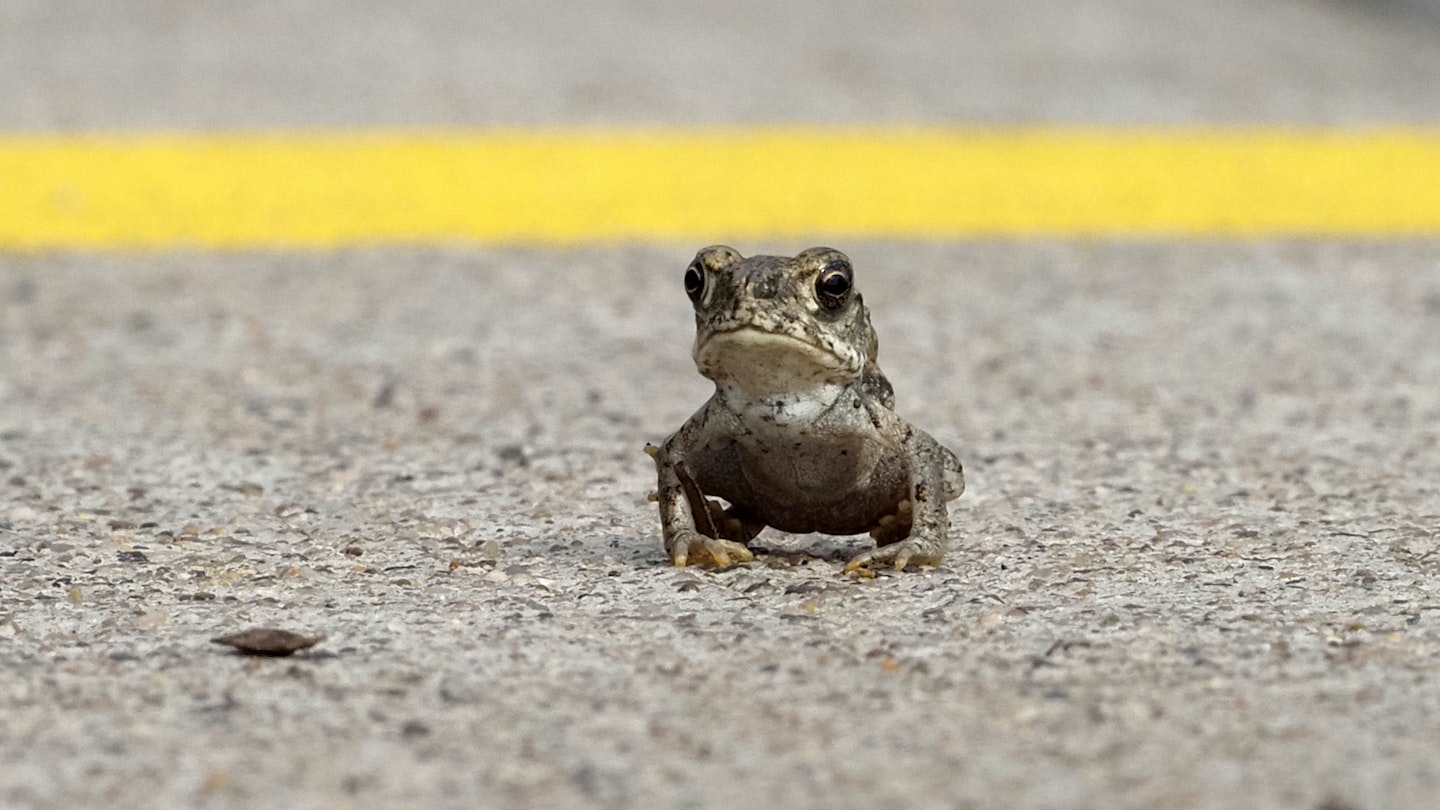The Warning About Sonoran Desert Toads
The US National Park Service has issued an unusual request to visitors: Please stop licking the Sonoran Desert toad.
Understanding the Sonoran Desert Toad
These fascinating toads are found in Southwest America, including Saguaro National Park. Known for causing hallucinogenic experiences, they are sometimes referred to as Colorado River toads due to their geographical prevalence.
The Risks of Licking Toads
When threatened, these toads release a psychedelic substance called bufotenin from glands on their head. This toxin can lead to serious health issues. Indeed, both humans and dogs can become violently ill from contact with the Sonoran Desert Toad. A representative from the National Park Service stated, “It can make you sick if you handle the frog or get the poison in your mouth.”
What You Need to Know
- The milky-white secretions of these toads have been used for centuries for various purposes, but using them can result in panic, paranoia, and severe anxiety.
- Despite some popular legends, consuming bufotenin poses significant health risks and is considered illegal in the United States.
- People should appreciate wildlife from a distance and avoid any harmful interactions.
Myth vs. Reality
Reaching up to seven inches long, Sonoran Desert toads are among the largest in North America. They generally remain underground, surfacing primarily during the summer. Unfortunately, there is a growing trend of individuals seeking these toads for their secretions, potentially leading to harmful impacts on both the toads and those engaging in this behavior.
The Endangerment of Sonoran Desert Toads
Presently, the Sonoran Desert toad is classified as endangered in California and threatened in New Mexico. The National Park Service urges that these toads be respected; hunting and disturbing them could contribute to their extinction.
In Summary
In conclusion, the message from the National Park Service is clear: “People should not lick the Sonoran Desert toad. All wildlife should be appreciated from a distance and should not be disturbed or harassed.” Respecting nature ensures that these unique creatures remain part of our ecosystem for generations to come.




